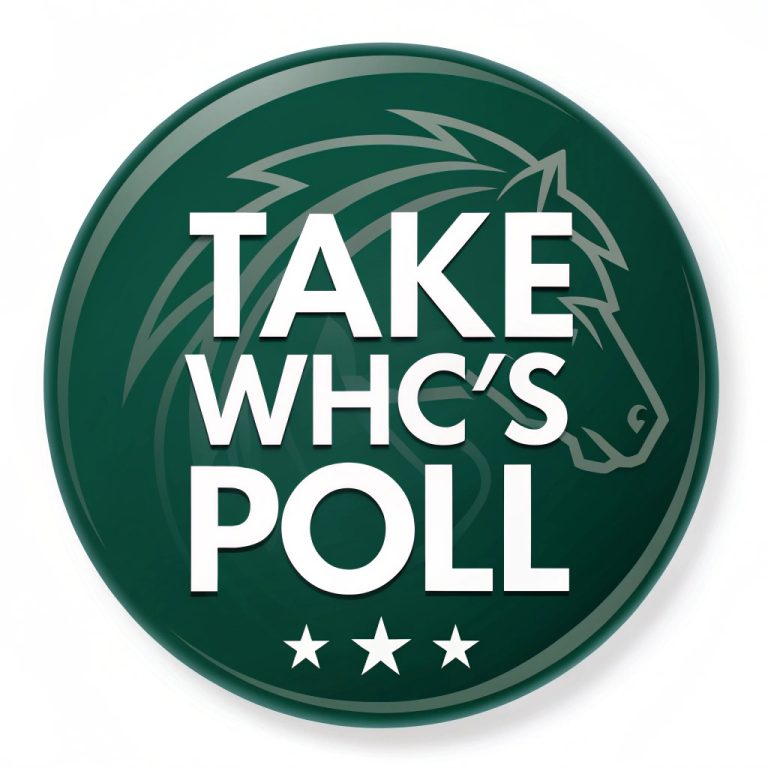Jeffrey Howard’s Power Play: A Legacy of Control, Conflicts, and Industry Monopoly
Written by: Tommy Williams
email:tommywhc@aol.com
931-492-2825
WHC Publisher-Williams Media Entertainment
Jeffrey Howard’s recent editorial (“What’s Next?” Feb. 3, 2025) is less an analysis of legal nuance and more a manifesto for preserving the Tennessee Walking Horse National Celebration’s (TWHNC) stranglehold on the industry. As a board member of the TWHNC—an organization with a decades-long track record of centralizing power and stifling dissent—Howard’s words reveal a pattern of self-interest masquerading as advocacy. Let’s dissect his agenda.
The Celebration’s Monopolistic Grip
Howard frames Judge Kacsmaryk’s ruling as a “win” for the industry. But which industry? The TWHNC has long positioned itself as the sole voice of Tennessee Walking Horse stakeholders, yet its leadership—including Howard—consistently prioritizes its own events, policies, and revenue streams over broader industry health. By challenging USDA reforms, the TWHNC isn’t fighting for “fairness”; it’s fighting to retain control over inspection processes, show regulations, and revenue flows that disproportionately benefit its inner circle.
processes, show regulations, and revenue flows that disproportionately benefit its inner circle.
When Howard claims the USDA “dismissed” the TWHNC’s comments, he omits a critical fact: the TWHNC’s recommendations consistently align with preserving its own authority. The organization’s history of suppressing alternative viewpoints and marginalizing independent trainers raises serious questions about its role as an honest broker. Why should a single entity dominate rulemaking for an entire industry?
A Legacy of Conflicts and Antitrust Concerns
Howard’s editorial sidesteps his glaring conflict of interest. As a TWHNC board member, he benefits directly from policies that consolidate power under the Celebration’s umbrella. This isn’t new. For decades, the Howard family has wielded disproportionate influence over industry standards. Howard’s late father, a former industry leader, faced longstanding allegations of colluding with affiliates to sideline competitors and manipulate show circuits—a legacy Jeffrey now perpetuates.
The Sherman Antitrust Act exists to prevent precisely this kind of monopolistic behavior: backroom deals, suppression of competition, and control over market practices. The TWHNC’s dominance in rulemaking, inspections, and event licensing reeks of an outdated cartel model. Howard’s celebration of “due process” rings hollow when his organization has systematically denied fair representation to independent trainers and smaller breeders. The Celebration is currently violating federal law by allowing him to remain on the board. The Celebration allowed his father to remain on the board and if taken to federal court would surely see punitive damages issued upon the Celebation , harming our world championship show.
The “Patience” Gambit: Stalling Progress to Retain Power
Howard’s call for “patience” is a thinly veiled stall tactic. By urging stakeholders to wait for the USDA’s next move and bank on the Tennessee lawsuit, he buys time to entrench the TWHNC’s control. The Celebration’s legal strategy—challenging every reform that threatens its authority—is not about protecting participants. It’s about maintaining a system where the TWHNC sets the rules, polices its competitors, and reaps the financial rewards.
His reference to “other breeds” opposing USDA rules is equally disingenuous. Which breeds? The TWHNC has a history of strong-arming alliances with select groups to create the illusion of broad opposition. Meanwhile, independent horse associations and trainers advocating for decentralized governance are ignored or ostracized.
The Wright Case: A Bid for Permanent Control
Howard’s pivot to the Tennessee lawsuit reveals the endgame. A “win” in Wright v. USDA would further cement the TWHNC’s authority by dismantling accountability measures and centralizing inspections under its preferred networks. This isn’t about “relief” for participants—it’s about ensuring the Celebration, not federal regulators or independent bodies, retains ultimate power.
The TWHNC’s insistence on “industry self-enforcement” is a euphemism for self-preservation. Its affiliated Horse Industry Organizations (HIOs) have repeatedly failed to ensure transparency, yet Howard resists USDA-backed inspectors (HPIs) because they threaten the Celebration’s monopoly on oversight.
A Call for Transparency and Fair Competition
The Tennessee Walking Horse industry deserves better than a single organization acting as judge, jury, and profit-driven gatekeeper. Howard’s editorial ignores legitimate concerns about antitrust violations, conflicts of interest, and the stifling of innovation. If the industry is to thrive, it needs:
- Decentralized governance: Independent committees, not TWHNC insiders, should shape regulations.
- Transparent inspections: Third-party oversight, not Celebration-affiliated HIOs.
- Accountability: An end to legacy power structures that prioritize control over progress.
Breaking the Cycle of Control!
Jeffrey Howard’s editorial is a masterclass in deflection. By framing the TWHNC’s power grabs as “industry advocacy,” he obscures a legacy of self-dealing and antitrust abuses. The USDA must reject this outdated model and push for reforms that democratize the industry—not embolden its monopolists.
To lawmakers and stakeholders: Demand transparency. Investigate conflicts of interest. Challenge the Sherman Act violations that have festered for decades. The Tennessee Walking Horse industry’s future depends on breaking free from the Celebration’s iron grip.











